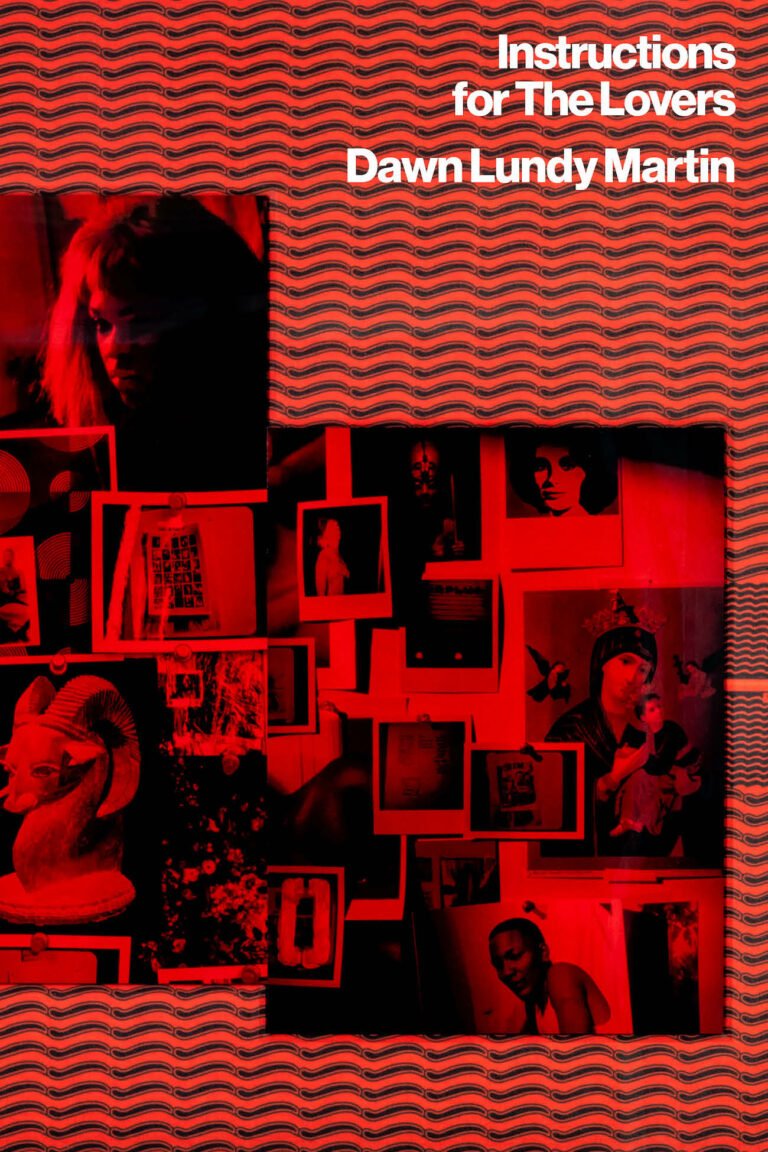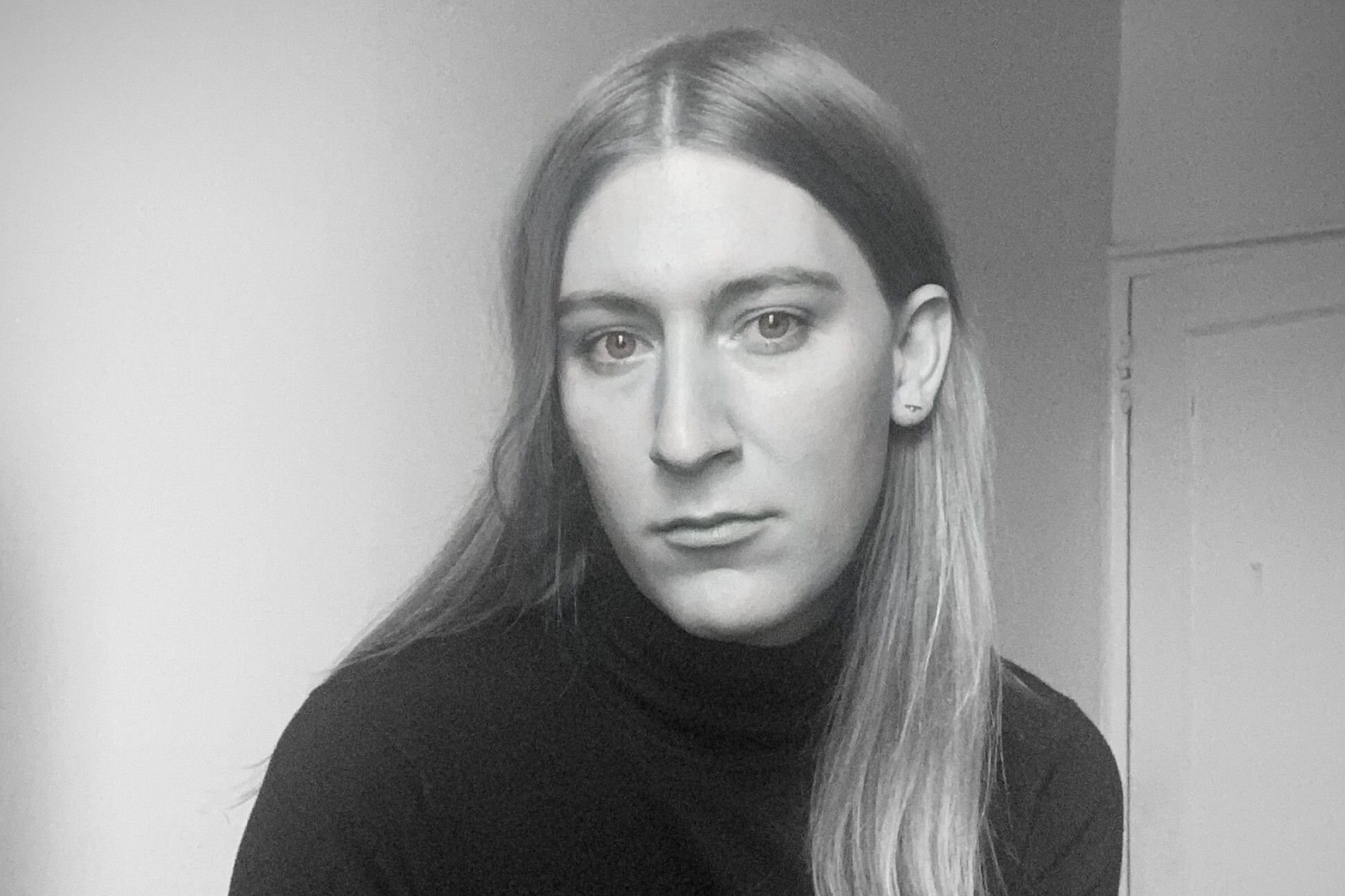An amazing night of poetry that you won’t want to miss!
Stephanie Cawley: No More Flowers (Birds LLC)
In Stephanie Cawley’s No More Flowers, poetry serves as a resistance against suffering—their own, their loved ones’, humanity’s. A protest against meaninglessness. An antidote. The poems in No More Flowers believe in their ability to affect consequences with language, while being self-aware enough to know how absurd that belief is:
“That was just words. You could make them do anything, but also it was hard to make them do anything. Kite against blue clouds. Tree with green leaves. Street sign cut off on one edge so it says Cum Street. This was the machine into which I poured my sadness. The words were dead and they were alive.”
These poems are a pleasure. And they insist that pleasure—and desire—are not an indulgence. They are a necessity to life: “I do want my friend to find / a place to sleep for longer than a few weeks. / I do want to put flowers in the mouths / of everyone I love and call it art.” The title declares No More Flowers, but inside the book, flowers proliferate. A queer, wild garden riots into bloom.
“Here are the layers of an exquisite desire, bared to the world, teeth and all. Blood and all. Queer as in: the death of narrative, the death of feeling as an explanatory framework. Long live our pleasures, our unruly beauty rendered illegible by inherited patterns of wanting. Long live the possibility of pleasure as a pathway towards an expansive sense of being, made and unmade at the site of skin against skin. Because we know our arrival is not a point on the horizon, but an endlessly renewable life force within us, between us, for me, for you. "One cannot know what one wants until one knows what wanting is," Cawley writes -- this is a collection of coming into life and living, even in the presence of death. Even in the presence of a void left by diminishments and binaries and a world intent on foreclosures. Reading this book, I came to understand "the future didn’t have to look like anything."
—Kazumi Chin
“The journey of these poems had me on the edge of my seat and always on the brink of seeing the world in new ways! “If there was a hole in the center of the forest / I knew I would be dragged into it.” Here is a book we want in our lives, poetry to return to again and again! Stephanie Cawley’s No More Flowers is absolutely brilliant!”
—CAConrad
“Stephanie Cawley’s No More Flowers is a book that builds soil / earth as viscous porosity. It’s refusal and it’s more generous. It’s a study of entanglement. A collision / a coalescing of memories, thoughts, experiences, edges rustling and shining amongst wildflowers / so close to the highway you can brush against them, pull on a seed. “Life on earth is about applying pressure / without understanding what it might do,” says Cawley. “At this juncture, I unhinge myself from time, gender, cheekbones / How embarrassing, to admit I don’t care about plot, just images of water and a somber face, or, / barring that, a savage, intelligent, feminine interiority,” says Cawley. You bring intentionality to the poem, your life, your politics / and yet / it can still get away from you / get wild.”
—Carrie Lorig
“I love Stephanie’s mix. It’s been killer for me since day one. Science fiction-y, mundane, dyke, smart, droll, dirty, surprising. As poems they just drop out, in a true 21st century way. This is the path & I’m on it. I say yay.”
—Eileen Myles
Stephanie Cawley is a poet in Philadelphia. They are the author of My Heart But Not My Heart (Slope Editions) and they are a 2023 NEA Creative Writing Fellow. Stephanie’s poems and hybrid writing have been featured in Poetry Daily, the PEN Poetry Series, and the Academy of American Poets’ Poem-a-Day, and have been published in journals including Protean, TYPO, and West Branch. They work teaching writing and as a union representative for adjuncts. More at stephaniecawley.com.
Dawn Lundy Martin: Instructions for the Lovers (Nighboat)
A taut, tender collection of poems woven with sadness and loss dealing with aging, attachments, and the precarity of life.
“Dawn Lundy Martin’s poems read like a real-time excavation of what poetry can and can’t do,” writes Maggie Nelson. In Instructions for The Lovers, her most stripped down, direct work to date, Martin creates a poetic field dense with thought, image, and sound as she reflects on her relationship with her mother, experiences of queer polyamory, lesbian sex, and the racist conditions within the dying American university system. With rigorously embodied vulnerability and virtuosity, Martin constructs moments of pleasure, humor, and sexiness woven with grief—a tender body to live in.
Dawn Lundy Martin’s dark brilliance subsumes in the “tissue / breath that heaves, into a depth so black we cannot reach it—” echoing William Kentridge’s meditations on the artist’s dedication to the image via Géricault’s renderings of many decapitations. Martin mines in “a sewn language” where “defeat is inevitable,” and “freedom” is “near total alienation,” revealing hope in Instructions for The Lovers—a “subjectitude,” Martin’s singular voice, gesture, art: “fragrance like sun or metal—the I’s sublime coma— .’’ This is an incredible masterpiece.”
—Ronaldo V. Wilson
“I gladly and gratefully take instruction from a mind as fine and darting as Dawn Lundy Martin’s. Her new book of poems—a spinning, aloft creation, akin to Mallarmé in its suspension and hovering—is filled with randy, tender, radical, and history-making observations. She keeps shifting the angle of vision and articulation, so the reader can always be surprised and enlightened by how this alert litany, this poetic construction, this fragmented manifesto, arrived at its final form. This book is a sieve through which the future might be said to fall, with a sound like salvation.”
—Wayne Koestenbaum
Dawn Lundy Martin is an American poet and essayist. She is the author of five books of poems: Instructions for The Lovers, Good Stock Strange Blood, winner of the 2019 Kingsley Tufts Award for Poetry; Life in a Box is a Pretty Life, which won the Lambda Literary Award for Lesbian Poetry; DISCIPLINE, A Gathering of Matter / A Matter of Gathering, and three limited edition chapbooks. Her nonfiction can be found in n+1, The New Yorker, Ploughshares, The Believer, and Best American Essays 2019 and 2021. Martin was the first person to hold the Toi Derricotte Endowed Chair in English at the University of Pittsburgh where she co-founded and directed the Center for African American Poetry and Poetics. She is currently working on memoir titled When a Person Goes Missing, forthcoming from Pantheon Books. She is Professor and Distinguished Writer in Residence at Bard College.
Jameson Fitzpatrick: Pricks in the Tapestry (Birds LLC)
"There was the idea of love and then what."
“This book is a record of my thinking and feeling during my mid-to-late-twenties. Like any record, it is incomplete and imperfect—I do not always identify with the speakers of these poems, even as I recognize their speech (and sometimes, their desires) as my own. I think of this collection as a bildungsroman of sorts: the story of a young poet coming to know, belatedly and with difficulty, the insufficiencies of the self as a subject and the lyric as a mode.”
—Jameson Fitzpatrick
"The experience of reading Jameson Fitzpatrick’s absorbing new poetry collection, Pricks in the Tapestry, (Birds, LLC), feels like tracing a map of exquisite points—the parts of us that are most tender when pressed. Fitzpatrick’s poems regard the sites and sources of hurt, desire, and disturbance with evocative candor. These poems pricked my own exquisite points, in the way that our deepest loves and most brutal hurts (sometimes one and the same) so often do."
—Alina Pleskova
Jameson Fitzpatrick is the author of Pricks in the Tapestry (Birds, LLC, 2020), a finalist for the 2021 Thom Gunn Award, and of the chapbooks Mr. & (Indolent Books, 2018) and Morrisroe: Erasures (89plus/LUMA Publications, 2014). She was awarded a 2023 National Endowment for the Arts Literature fellowship in creative writing. She teaches at New York University.
Chase Berggrun: R E D (Birds LLC)
Poetry. R E D is an erasure of Bram Stoker's Dracula. A long poem in 27 chapters, R E D excavates from Stoker's text an original narrative of violence, sexual abuse, power dynamics, vengeance, and feminist rage while wrestling with the complexities of gender, transition, and monsterhood.
"I tried to undress a mystery,” testifies the speaker of R E D as this haunting literary performance—somewhere between neo-Gothic burlesque and formal experiment in queer auto-theory—begins. Erasing Bram Stoker’s Dracula all the way down to its psychoanalytic minimalia, Chase Berggrun unearths a narrative not only of gender transition, but of the uncanny political and metaphysical transitions entailed by the metamorphosis of individual into chorus as well. By the end of this adventure in appropriation as self-disclosure, we learn that the “mystery” was self all along: “A detail in a pool of blood / the body gathered in an awkward kink / I dress myself in easy anything.” Rapt and unsettled, we readers find ourselves, too, both saturated and implicated in the sanguinary affair of desire, “drenched to a scarlet with want."—Srikanth Reddy
“I violate limitation” says the speaker in Chase Berggrun’s R E D and how can I help it, I love her to no end. This is a book that celebrates, no, reifies the power of erasure to usher in (re)creation. There are echoes of Hélène Cixous who, in Coming to Writing, says: “In the beginning, there is an end. Don’t be afraid: it’s your death that is dying. Then: all the beginnings. When you have come to the end, only then can beginning come to you.” The gifts of transition. The gift of a body becoming “a determined echo hammering away.” How my own body needed these “hands full of sound.”—T C Tolbert
Chase Berggrun is a trans woman poet, educator, and organizer, and the author of R E D (Birds LLC, 2018) and the chapbook Somewhere a Seagull (After Hours Editions, 2023). She lives in Brooklyn with her many houseplants. She believes in a free Palestine from the river to the sea.
Unfortunately Ariel Yelen needed to reschedule her reading. Check back here for more information.







